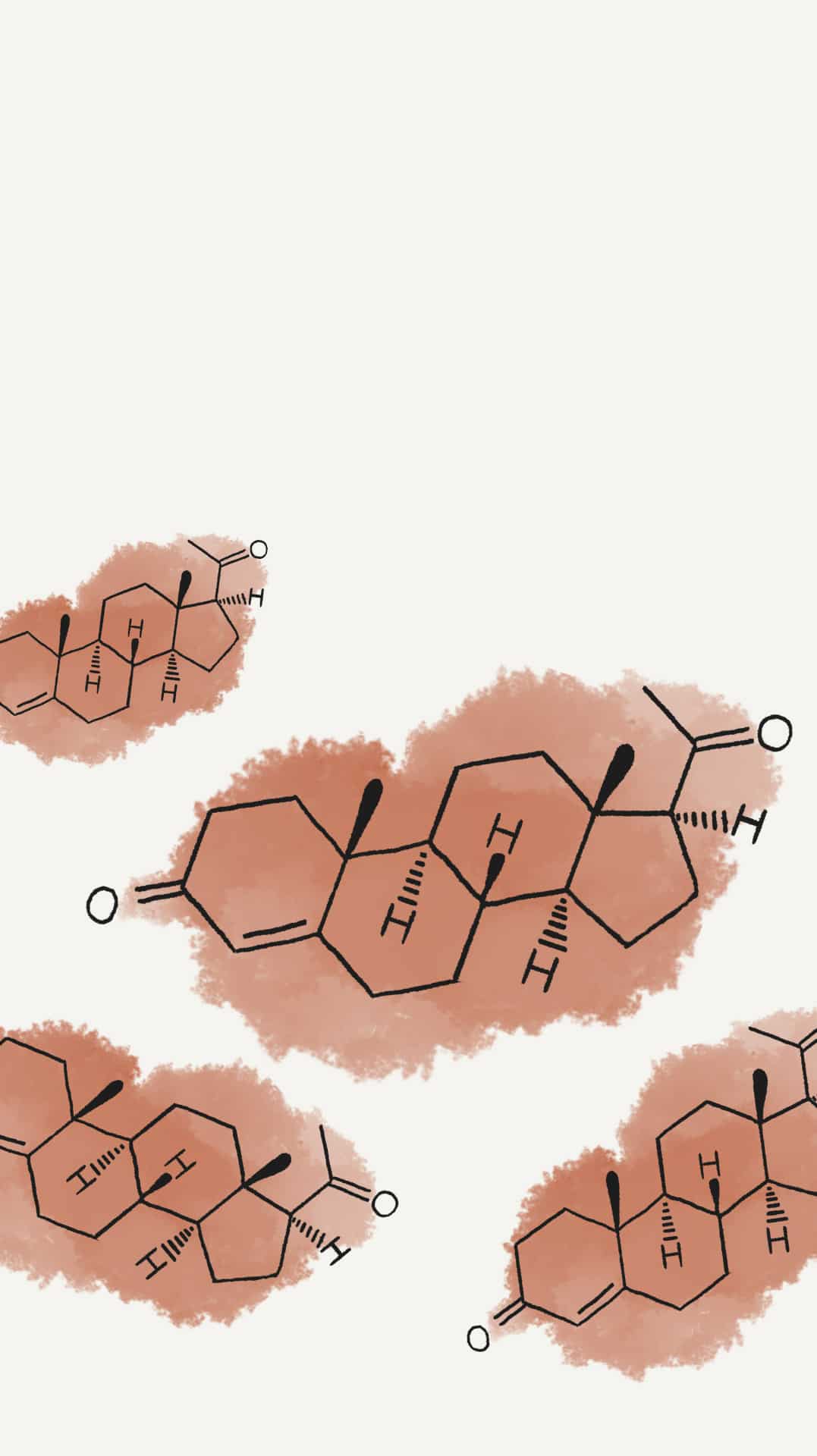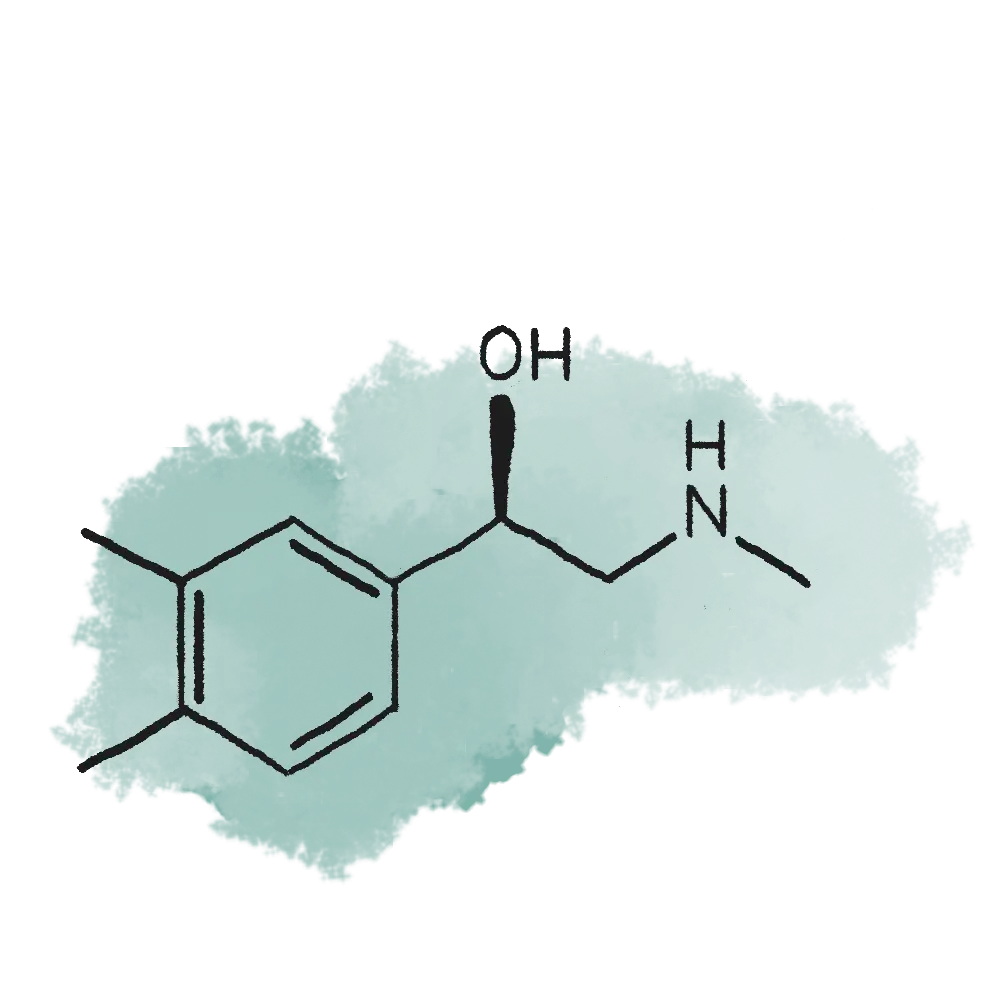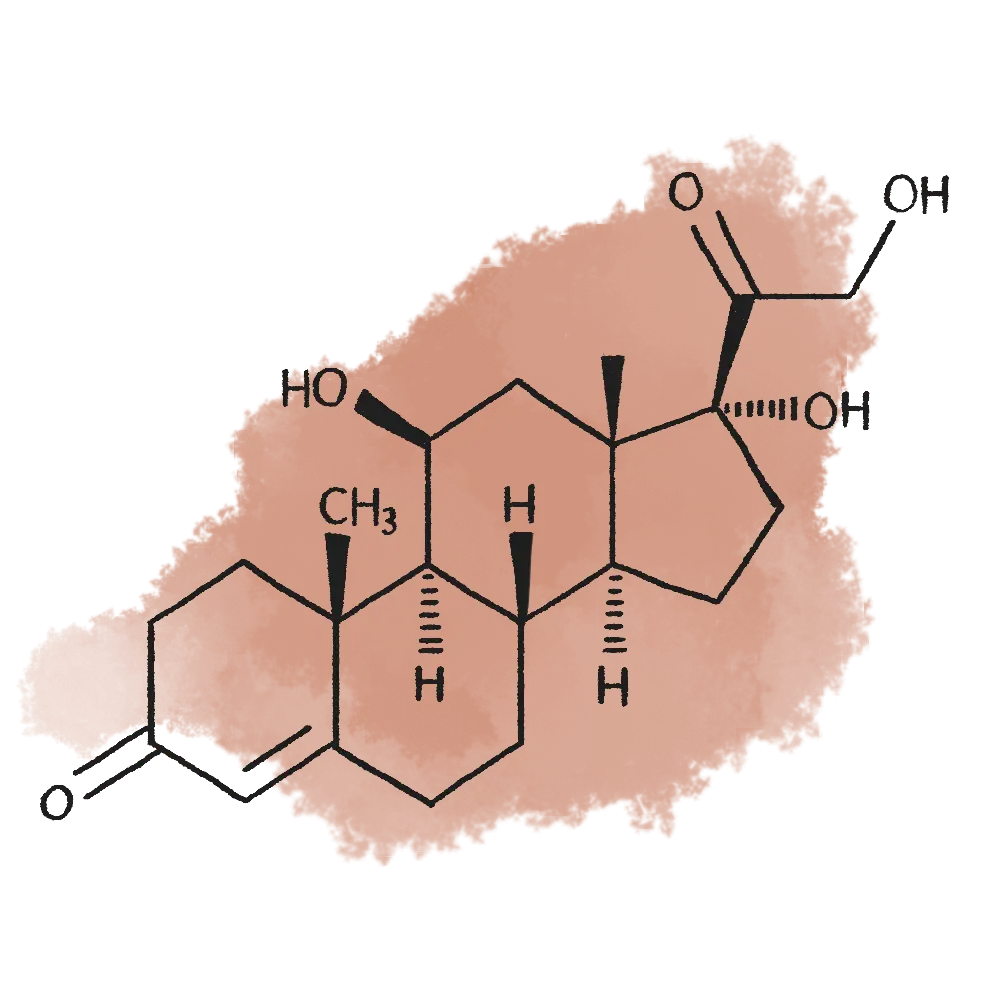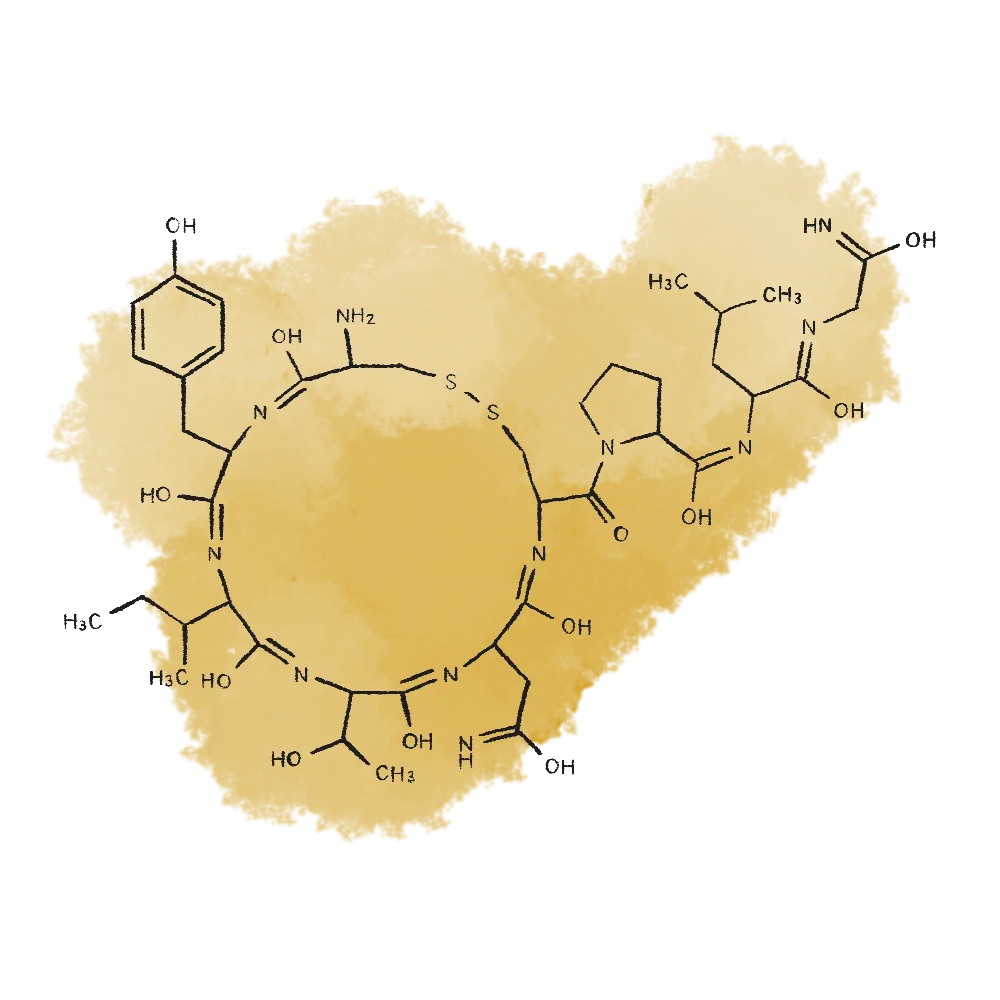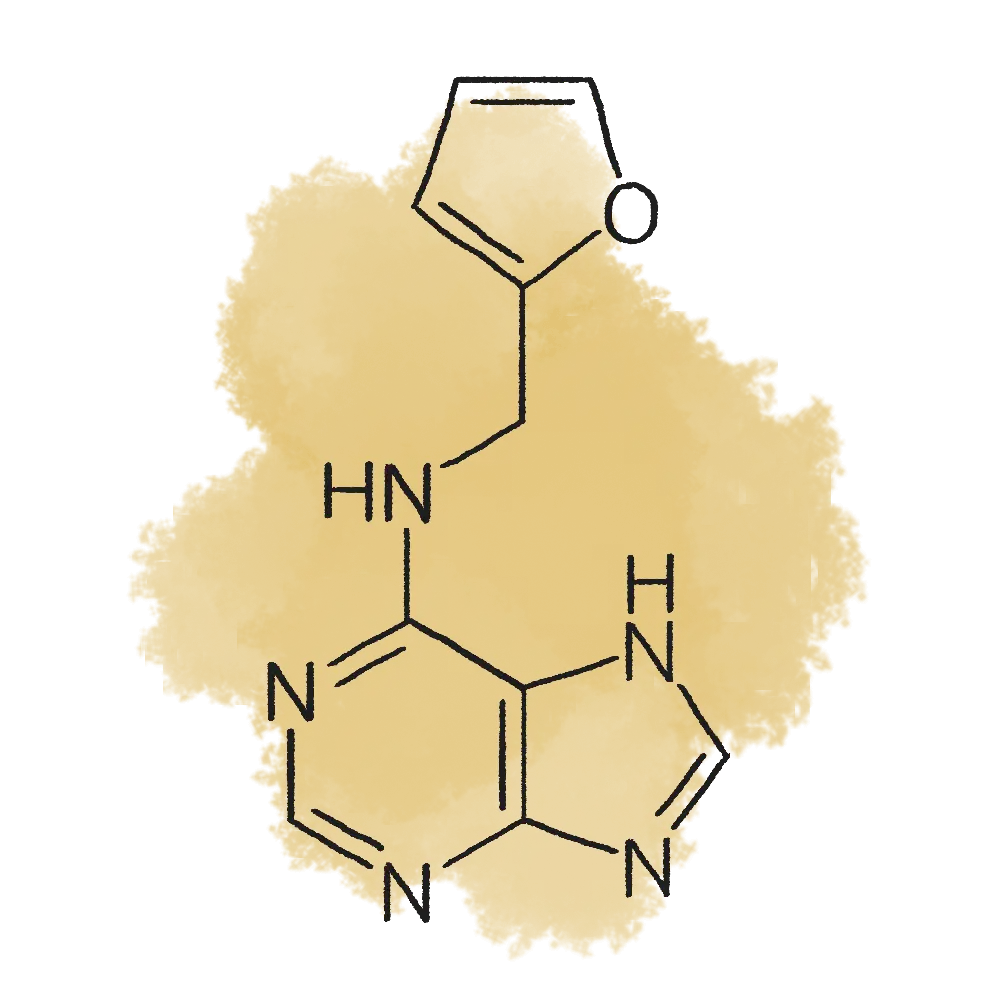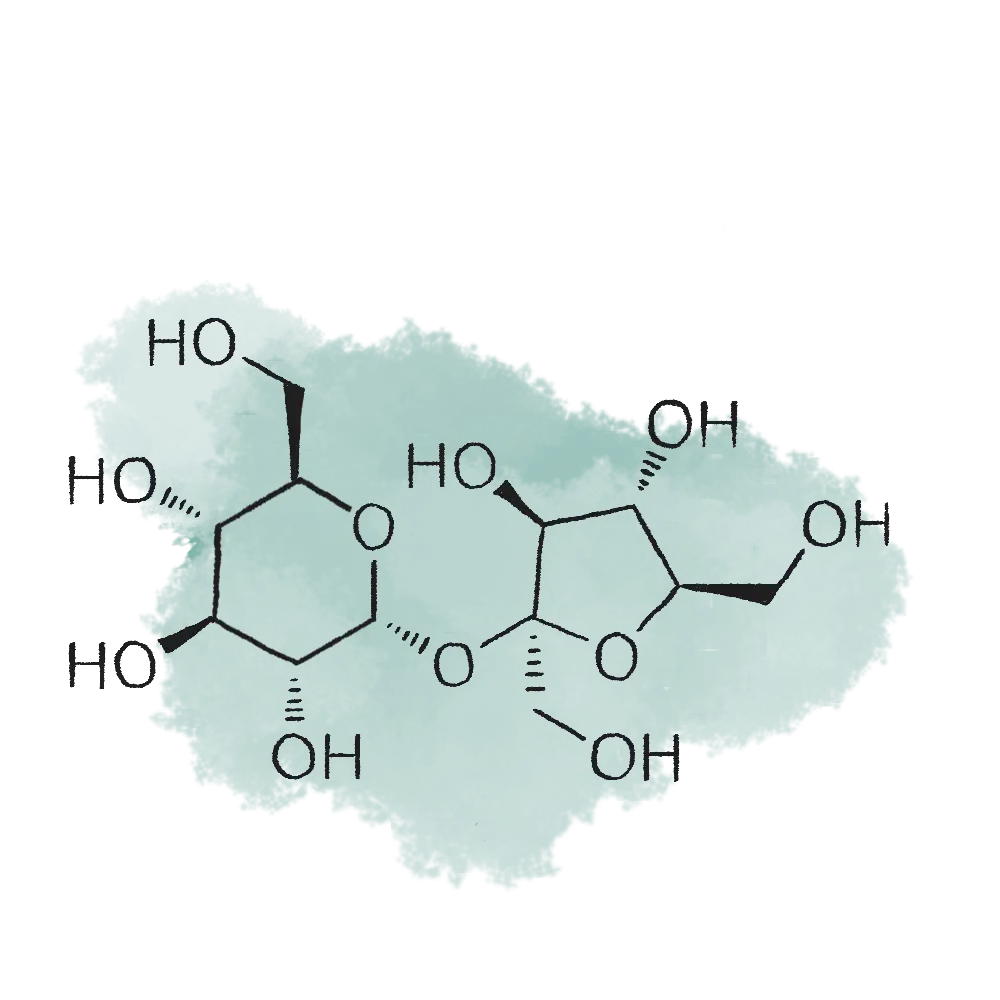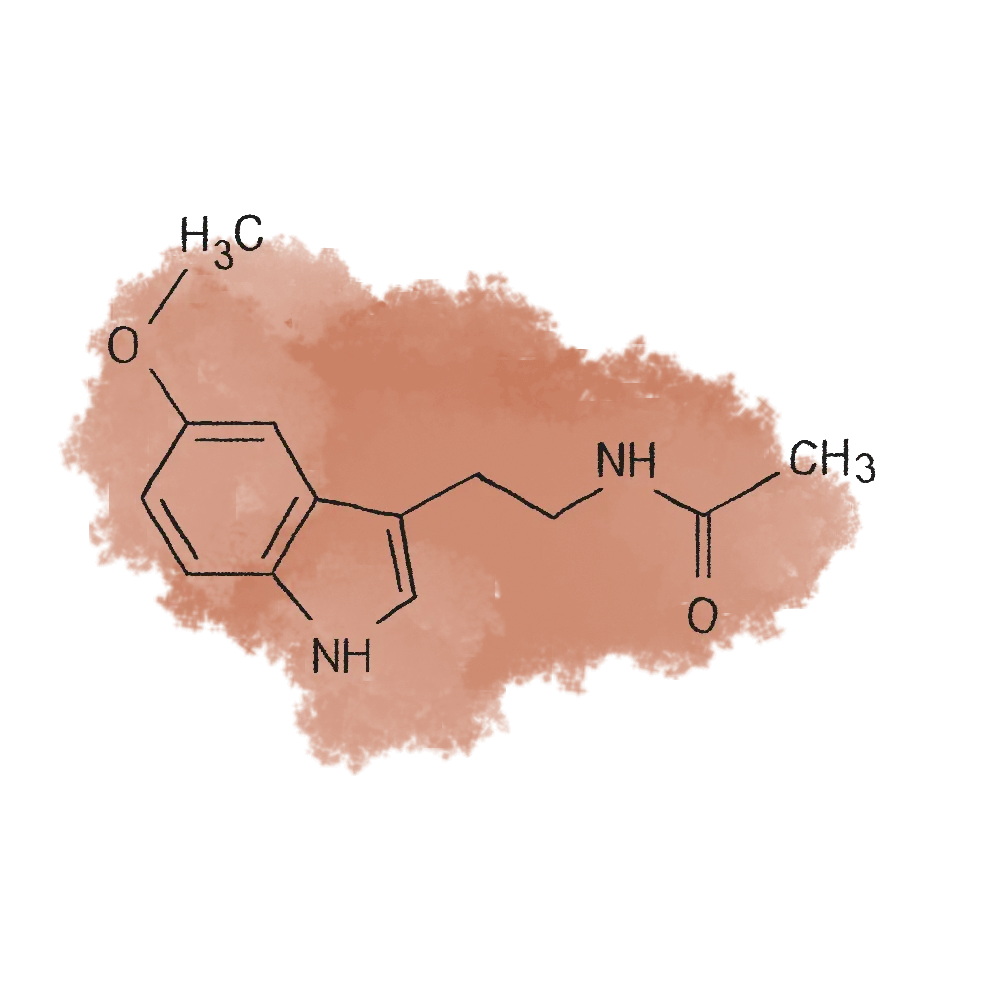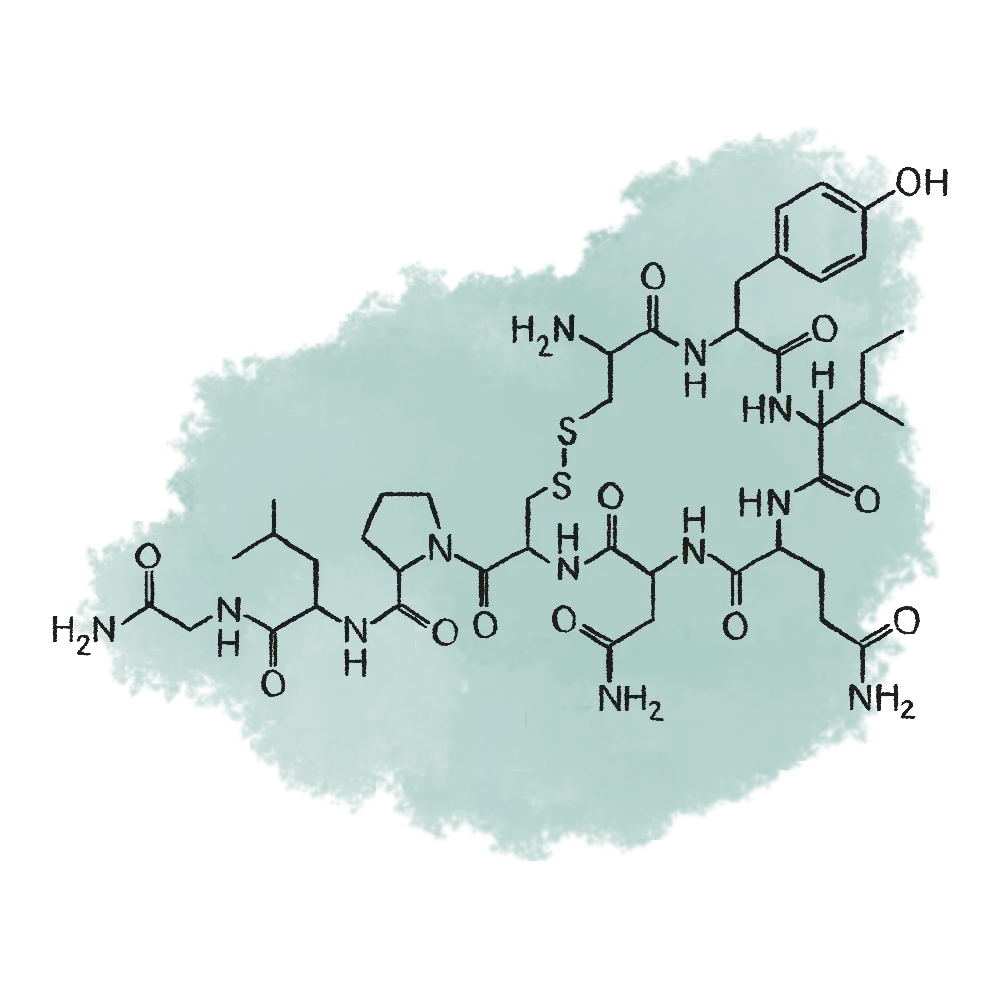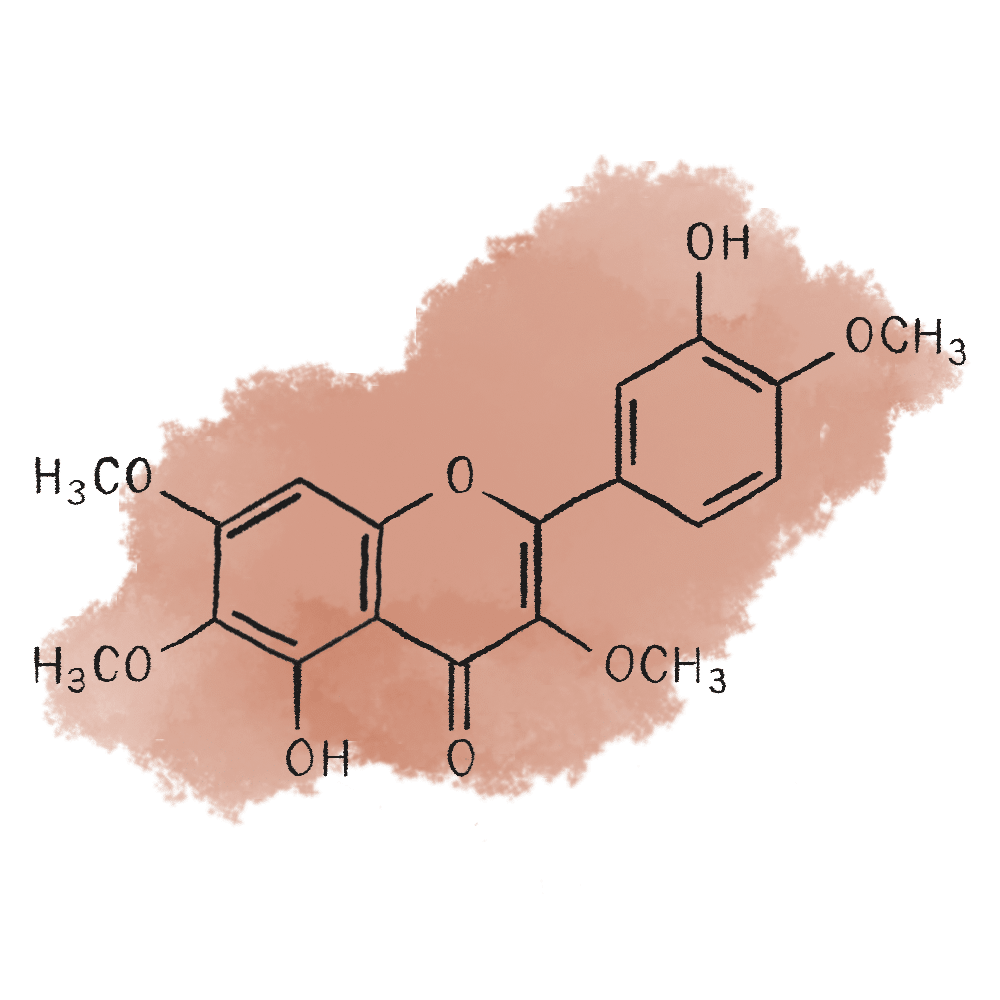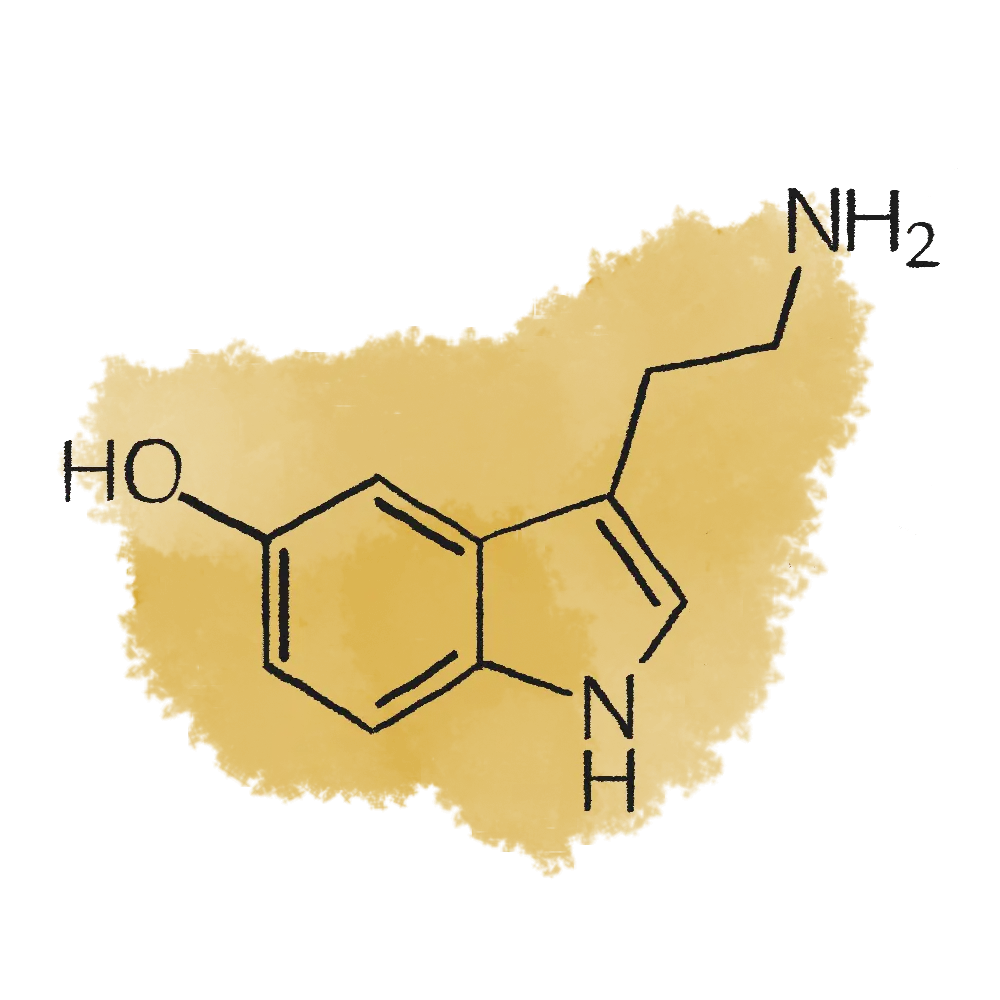Our endocrine system is made up of over 50 different hormones. The collaboration between these amazing chemical messengers is what helps make our bodies tick. Many of the hormones we produce have important and specific roles to play when it comes to different bodily functions and responses. Ever wondered how your breasts produce milk? Prolactin is a major hormone behind that one. Or what about that mama bear instinct we hear people talk about? Oxytocin helps form those strong maternal bonds between mother and baby. Woken up feeling stressed with a racing heart rate in the middle of the night? Good job cortisol!
While we aren’t going to go into detail on every one of your hormones, we have selected our top contenders we think it’s worth knowing more about. These hormone heroes don’t always get the credit they deserve, but many of them play key roles in supporting your body during puberty, your reproductive years, and well after menopause too.
Understanding a bit more about the different hormones in your body will help give you insight into your health and also ensures you know how to help your hormones too. So, let’s get into the endocrine!




